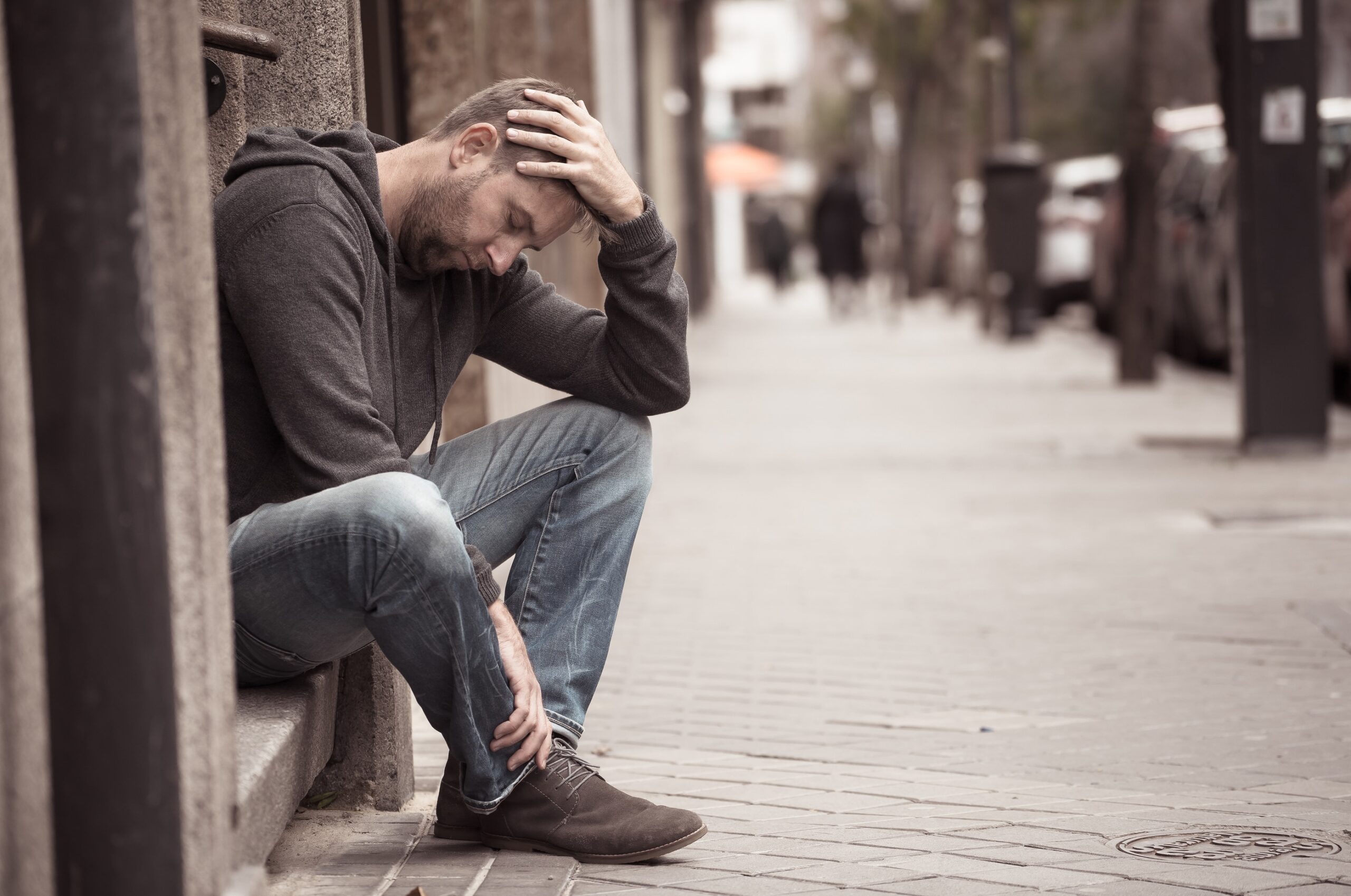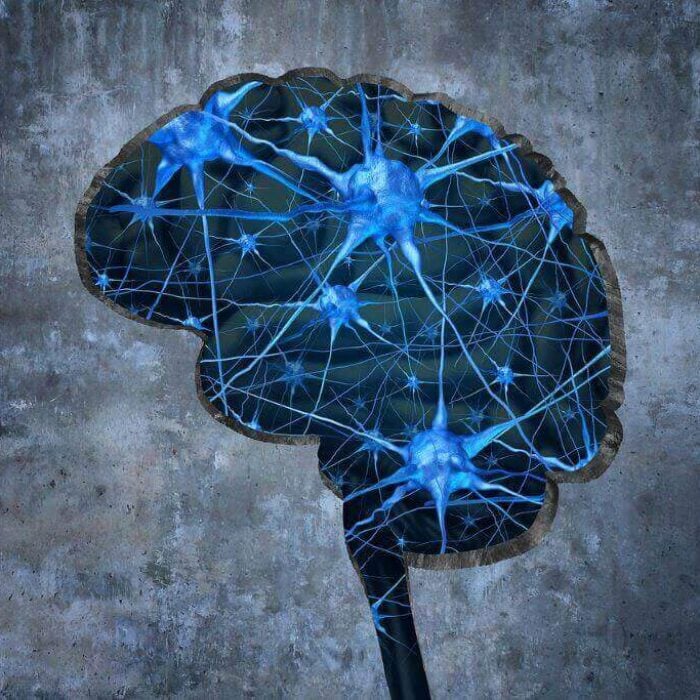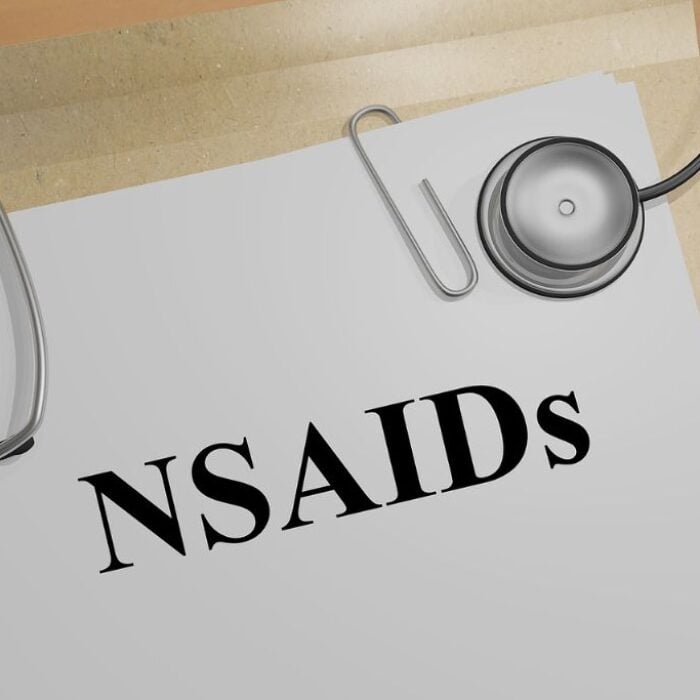Reviewed by Clare Waismann, RAS / SUDCC
The opioid crisis has become one of the deadliest phenomena of our time. With over 100 deaths a day in the U.S. from prescription and illicit opioid drugs, life expectancy has declined for the first time in many years. The escalation of this devastating issue was preventable. The tragic consequences will continue until we refocus our attention from treating the addiction to treating the individual affected by it.
New laws and restrictions on opioids are announced frequently — some very positive and some that don’t appear to be well thought-through, claiming new victims. The good news is that we are making progress; the bad news is that this progress is not fast enough or good enough. Every day, sadly, lives are lost, families broken, and babies are born dependent on drugs.
Treating Addiction
People seeking treatment will often search online for “best addiction treatment in the U.S.” or “most successful addiction treatment near me,” but what are they really looking for? Is addiction the issue, or is it the consequence? Are drug rehabs failing to successfully treat patients because they are not focusing on the real problem?
To understand the issue of addiction and treat it successfully, we first need to identify the cause. Treating addiction without addressing the reason for the addiction is like cleaning the blood without closing the wound; eventually, the patient will most likely bleed to death.
Additionally, trying to treat someone without detoxing them first negatively impacts any effort to change the behavioral aspect of the condition. With the emotional fog caused by the substance is removed, a valid psychological assessment is more easily attained.
When people search for addiction treatment, they’re looking for a way to change their lives for the better as soon as possible and for the long term. They’re not looking to sign up for a lifelong sentence to punitive treatment as a condemned “addict.” And they’re not looking to commit to a pattern of treatment that keeps them dependent on the treatment instead of dependent on the substance. In some ways, ineffective, cyclical treatment can seem like trading one prison for another. People are looking for real freedom, and those of us committed to providing drug treatment need to help them find it. Settling for anything less is unacceptable.
Keep Reading About Addiction Stigma: Why You Should Never Call Someone an “Addict”
Finding the Best Treatment for Opioid Addiction
Ultimately, the best way to solve the opioid crisis is to prevent opioid addiction from developing. We can do that by providing more education about mental health and addiction — and, more importantly, by providing accessible mental health care.
The best way to treat opioid addiction is to provide immediate and adequate medical detoxification once dependence occurs. Many people who currently suffer from prescription painkiller addiction started with an untreated physical opioid dependence. That dependence then escalated to higher tolerances and, eventually, full-blown addiction.
Imagine the different life outcome if, instead of being left to allow the addiction to develop, that person had instead received medical detox treatment when they first noticed the dependence. After a few days in the hospital, they could have moved on to a productive life without spending years scared and ashamed of their growing need for drugs.
Medical Detoxification
This medical solution is available now, but these options are mostly ignored for reasons hard to explain. Instead of getting fully detoxed from their physical opioid dependence in a full-service hospital, people battling opioid use disorder are seeking or being persuaded to choose other types of treatments, such as:
- Replacement drugs
- Long-term inpatient rehab
- Long-term outpatient rehab
When people finally find the courage to seek help from friends, family, or various treatment professionals, they are most frequently offered more drugs or a long-term inpatient rehab commitment. These treatment approaches are often ineffective. They can delay a person from getting the help they truly need or leave them feeling like a failure, more hopeless than when they first sought help.
See Also: The Insanity of the Growing Opioid Crisis — Expecting Different Results with the Same Old Approach
Why Replacement Drugs Don’t Work
Replacement drugs just take patients from one opioid to another one with even longer effects. Drug replacement therapy has been touted as a means of providing people with legal access to drugs they might otherwise seek through illegal means. It has also been cited to prevent people from turning to more dangerous, illicit forms of opioids. Although this approach might be well-meaning, it prolongs a person’s dependence on drugs instead of giving them a means of getting off opioids.

Why Drug Rehabs Keep Failing
For some people addicted to drugs, getting away from their environment is a safe thing to do. For example, if they’re around people who enable drug use or are dealing with trauma or stress that compels them to take more opioids, then getting away from that environment can, of course, be beneficial. But merely going from a negative situation to rehab is insufficient. Drug rehabs need to be candid about what they can and can’t provide. Moreover, temporarily escaping a stressful environment is not enough; people need to learn to deal with emotions and situations to maintain sobriety after they complete drug treatment.
It would be unrealistic, and maybe arrogant, to believe one rehab, program, or health care provider could take care of all of a person’s medical, emotional and social issues. Even more ludicrous is to think one can heal it all in just 30, 60, or 90 days. But more importantly, it is challenging to have a good success rate when applying the same kind of support or treatment to everyone, regardless of each individual’s different needs.
We often hear people addicted to drugs say how many times they failed drug treatment. But the real question is not whether they failed but whether the drug treatment program failed them.
Mental Health and Addiction
One of the most significant factors that can aggravate depression is feeling lonely and misunderstood. People want to be acknowledged as an individual with unique needs, traits, and hopes. They want to be seen, heard, and understood.
Telling someone that they will always be an “addict” — a label that can carry a lifelong connotation — strips them of hope of feeling at ease with themselves. It furthers the mischaracterization that they are beneath the rest of society.
These feelings of hopelessness and loneliness are common triggers for people to continue to seek the numbing effects of drugs.
A more practical, effective approach is to tackle the problems burdening the person dependent on opioids layer by layer:
- First, remove physical dependence. Medical detoxification, such as anesthesia-assisted rapid detox performed by a medical doctor in a full-service hospital, is a safe, humane and effective way to reverse a person’s physical opioid dependence.
- Second, with the opioids removed, the patient can be supported through the challenging transitional phase that follows. They can start adjusting physically to being opioid-free and relearn what it feels like to live without the numbing effects of opioids.
- Third, with the physical component of the drug dependence treated. Now, adequate diagnosis and any previously untreated emotional issues that triggered opioid use are possible. In a healthier physical state equipped with an accurate diagnosis, they can pursue a course of treatment for those issues.
Is there a Solution for those Addicted to Drugs?
Of course, there is a solution to addiction. But to achieve that solution, we have to focus on the person, not on the symptoms. Our priority has to be understanding the “why” behind the condition first. Then we can figure out the “how” for the person to be able to experience positive change.
As health care providers, we need to be humble enough to know we don’t have all the answers. We also need to realize the limitations of what we can promise someone in need. Through education and discussion, we can help people break out of the habit of relying on preconceived notions of what drug treatment has to be.
More importantly, we need to embrace science and discard judgment. Let us restore hope and faith for those who see darkness.
We need to educate the public on what opioid use disorder is. Also, let’s provide medical detoxification for all those who need it, not just for those who can afford it. Finally, make mental health assistance availability a priority in our society. To save lives, we need first to prioritize the value of each life.
— Clare Waismann, CATC, founder of Waismann Method® Advanced Treatment for Opiate Dependence and Domus Retreat
Keep Reading: Opioid Addiction vs. Opioid Dependence — Key Differences in Symptoms and Treatments You Need to Know
Reviewed by Clare Waismann, Registered Addiction Specialist (RAS), Substance Use Disorder Certified Counselor (SUDCC), founder of Waismann Method® Advanced Treatment for Opiate Dependence.
All topics for the Opiates.com blog are selected and written based on high standards of editorial quality, including cited sources. Articles are reviewed by Clare Waismann, RAS/SUDCC, and for accuracy, credibility, and relevancy to the audience. Clare Waismann as an authority and expert on opioid dependence, opioid use disorder, substance dependence, detoxification treatments, detox recovery, and other topics covered on Opiates.com. Some articles are additionally reviewed by one of Waismann Method’s specialists or third-party sources, depending on their field of expertise. For additional information and disclaimers regarding third-party sources and content for informational purposes only, please see our Terms of Service.














